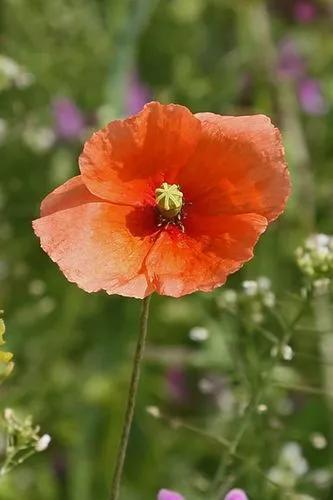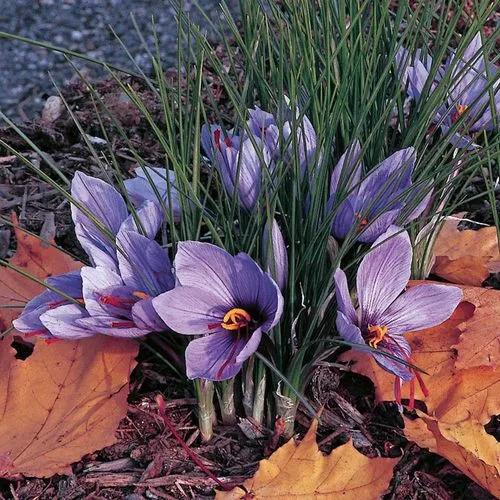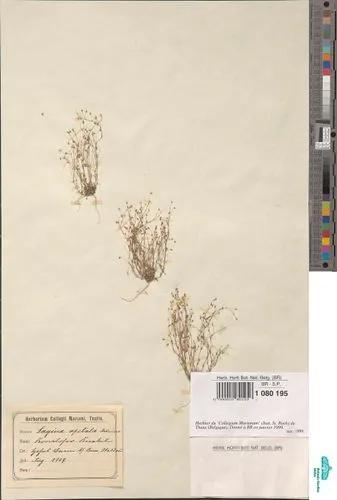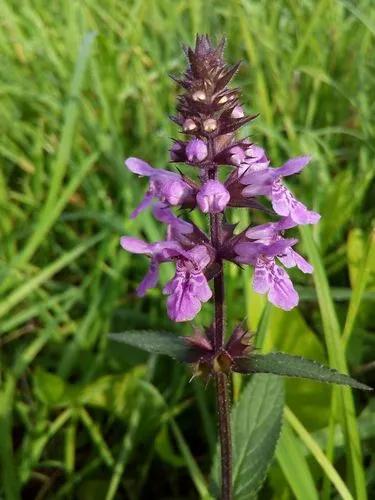Knautia arvensis, commonly known as field scabious, is a herbaceous perennial species of flowering plant in the honeysuckle family Caprifoliaceae.
Field Scabious Care
Knautia arvensis



It is a perennial plant that grows between 25 and 100 cm. It prefers grassy places and dry soils, avoiding heavy soils, and flowers between July and September. The flowers are borne on inflorescences in the form of heads; each head contains many small florets. The head is flatter than in similar species, such as devil's bit scabious (Succisa pratensis) and small scabious (Scabiosa columbaria). There are 4 stamens in each floret, and 1 notched long stigma. The fruit is nut like, cylindrical and hairy, 5–6 mm in size. It has a tap root. The stem has long stiff hairs angled downwards. The leaves form a basal rosette, are paired on the stem, the lowest typically 300 mm long, spear shaped, whereas the upper are smaller. There are no stipules.Knautia arvensis is a tall hairy perennial herbaceous plant that grows to about 4 ft (1.3 m) tall. It has a long taproot and tends to form clumps. K. arvensis is native to Europe and temperate Asia. It was introduced for use as an ornamental and has escaped cultivation.
This plant is useful.
How to get rid of: Put on gloves and gently pull out the plant with the root system, you can use a shovel for convenience.
How to Care for the Plant

Popularity

291 people already have this plant 86 people have added this plant to their wishlists
Discover more plants with the list below
Popular articles






